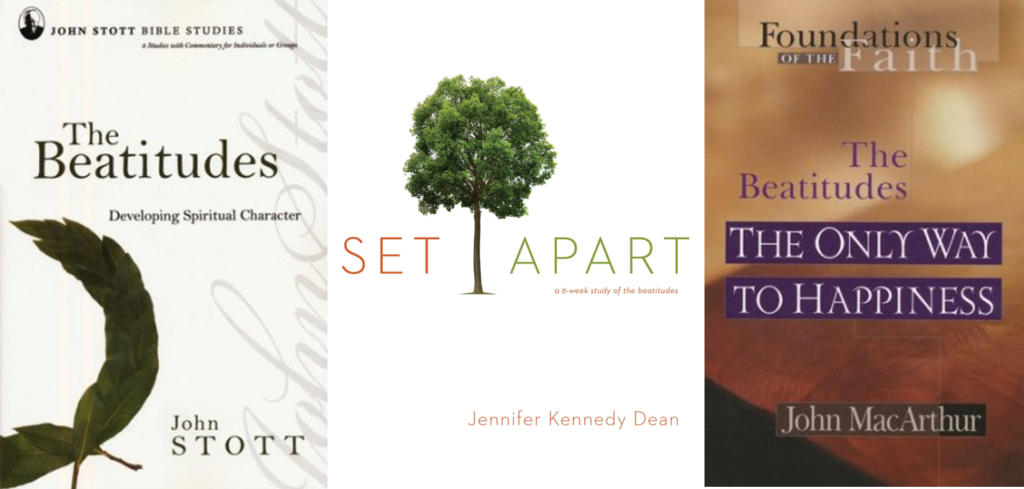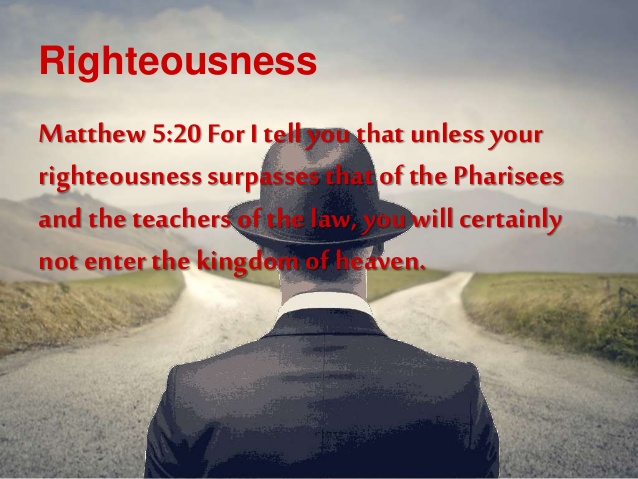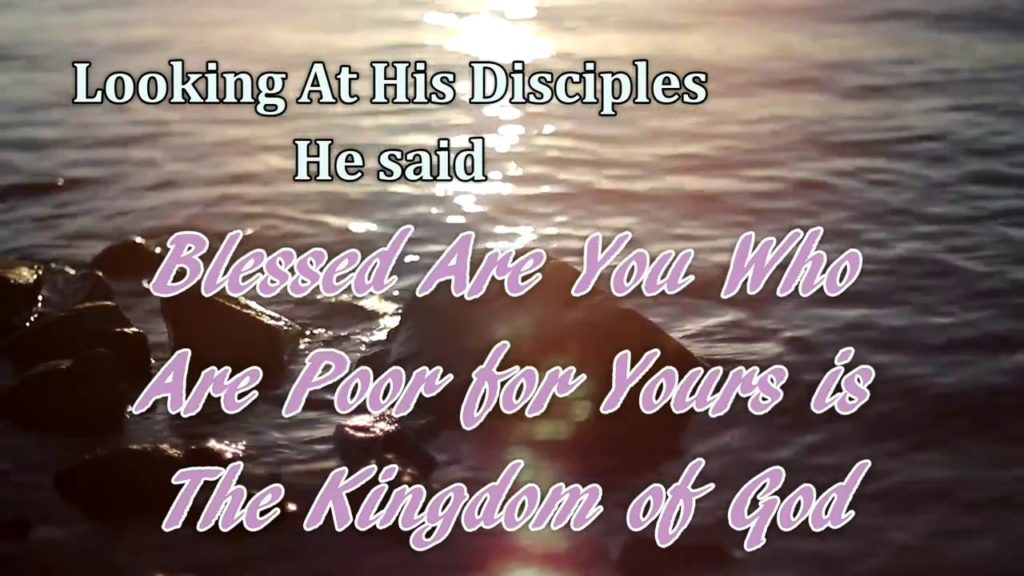Click here to return to Blog Post Intro

The Beatitudes by John Stott
Stott notes that the Sermon on the Mount describes what human life and human community look like when they come under the gracious rule of God: Different! Here is a Christian value-system, ethical standard, religious devotion, attitude to money, ambition, lifestyle and network of relationships—all of which are totally at variance with those of the non-Christian world.
Set Apart by Jennifer Kennedy Dean
Dean points out that human beings were created with a compelling drive to be happy, and God wants you happy. Your desire for happiness is the catalyst that opens your life to Him. This very need drives you to His heart.
The pursuit of happiness, as Dean explains, really is the pursuit of holiness.
The Beatitudes: The Only Way to Happiness by John MacArthur
The word blessed Jesus used for the Beatitudes actually speaks of a deep, abiding happiness, which Christ says belongs to all who are characterized by the qualities He described.
The Beatitudes set forth the fundamental principles of Jesus Christ’s kingdom. These are the moral, ethical, and spiritual guidelines that should govern the conduct of all kingdom subjects. Jesus was teaching that they are the only way to true happiness.
Examine Yourself
Jesus essentially said, “If you are a child of the King, the characteristic of your life will be righteousness.”
The Pharisees and teachers of the law went to the Temple every day, they paid tithes, they fasted, they prayed. You could say they were righteous freaks! And Jesus said that our righteousness must surpass theirs!
Righteousness simply means living right, living under God’s standards, by His definition.
Most people want to go to heaven their own way. They are going on a trip, usually with four bags: worldliness, sin, Satan, and self. There’s a road for them, by the way. Jesus said, “Enter through the narrow gate; for the gate is wide and the way is broad that leads to destruction, and many are those who enter through it.”
Happiness is…
Our word blessed comes from the Greek makarios, an adjective that basically means happy or blissful. It comes from a root makar, which means to be happy but not to the usual sense of happiness based on positive circumstances. Homer used the word to describe the Greek gods as being blessed in themselves, a state unaffected by the world of men, who were subject to poverty, weakness, and death. This is the New Testament meaning of blessed.
William Barclay said, “Human happiness is something that is dependent on the chances and changes of life, something which life may give and which life may also destroy. The Christian blessedness is completely untouchable and unassailable.” It’s an inner peace, an inner bliss, and inner happiness. Such inner joy is not produced by circumstance.
There are some today who pass themselves off as Christians and offer the world’s stuff. They promise financial prosperity, success, popularity. Jesus never offered that. You will not find it in the Sermon on the Mount.
The ideals in the Sermon on the Mount are contrary to human ideas about government and kingdoms. In fact, the most exalted people in Christ’s kingdom would be the lowest of the low in the world’s eyes. The world says exert yourself, demand your rights, be a big shot, push yourself up, hold on to your pride. But Christ has a different kind of kingdom.
Jesus said, “My kingdom is one the inside.” That’s the whole point, the message of Jesus to the world. It’s inside, not outside.
You can’t study the Sermon on the Mount and be the same. The truths we encounter in the Beatitudes are deep and demanding and not for the half-hearted. Let’s commit ourselves to be the kind of people God wants us to be, as we embark on a new year, learning from the Beatitudes.


